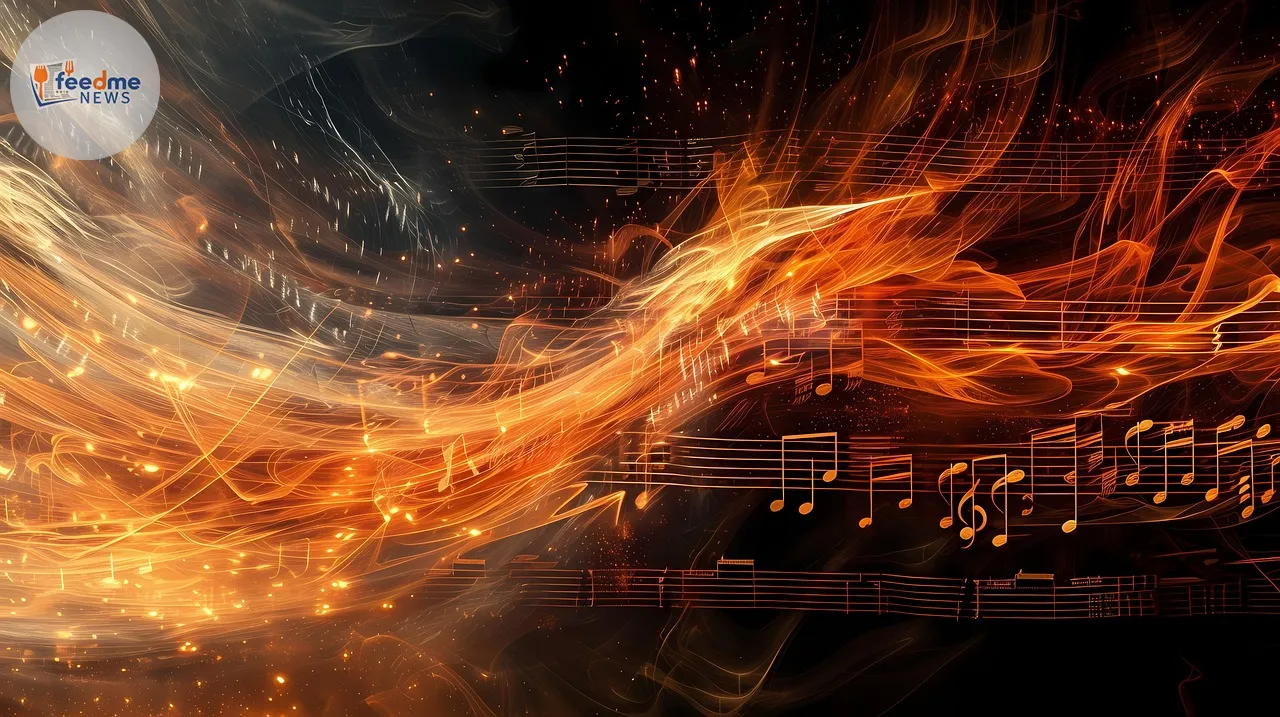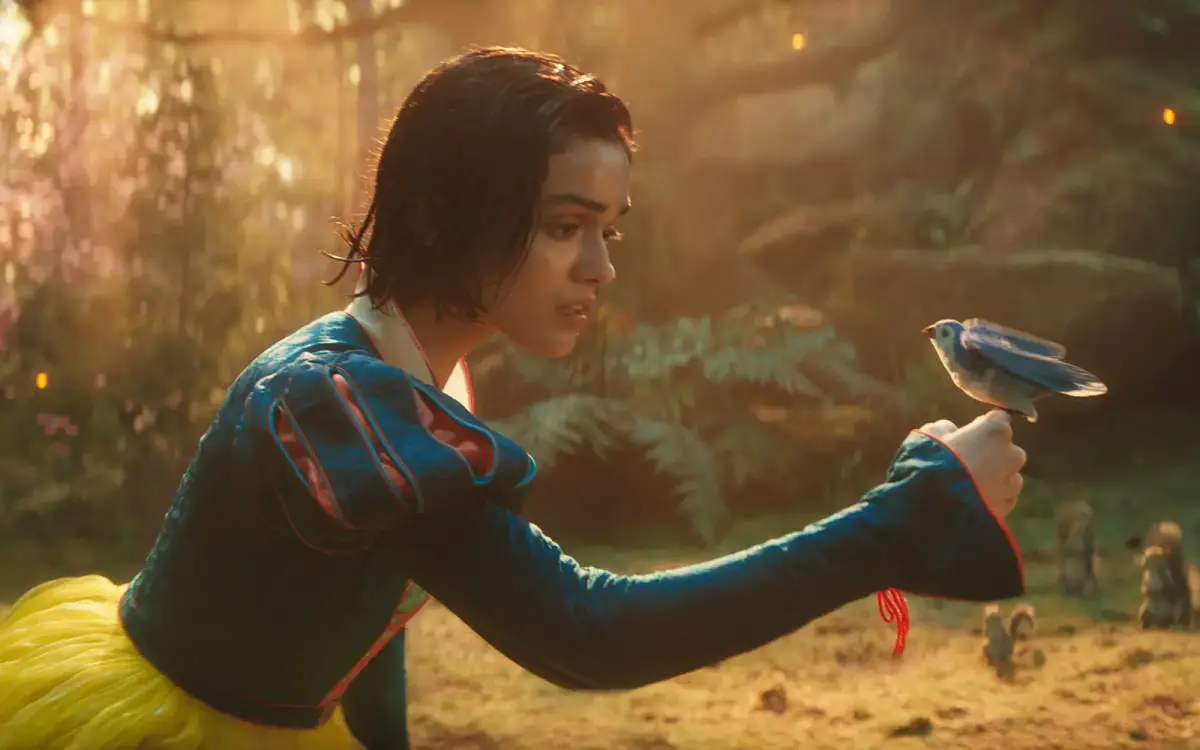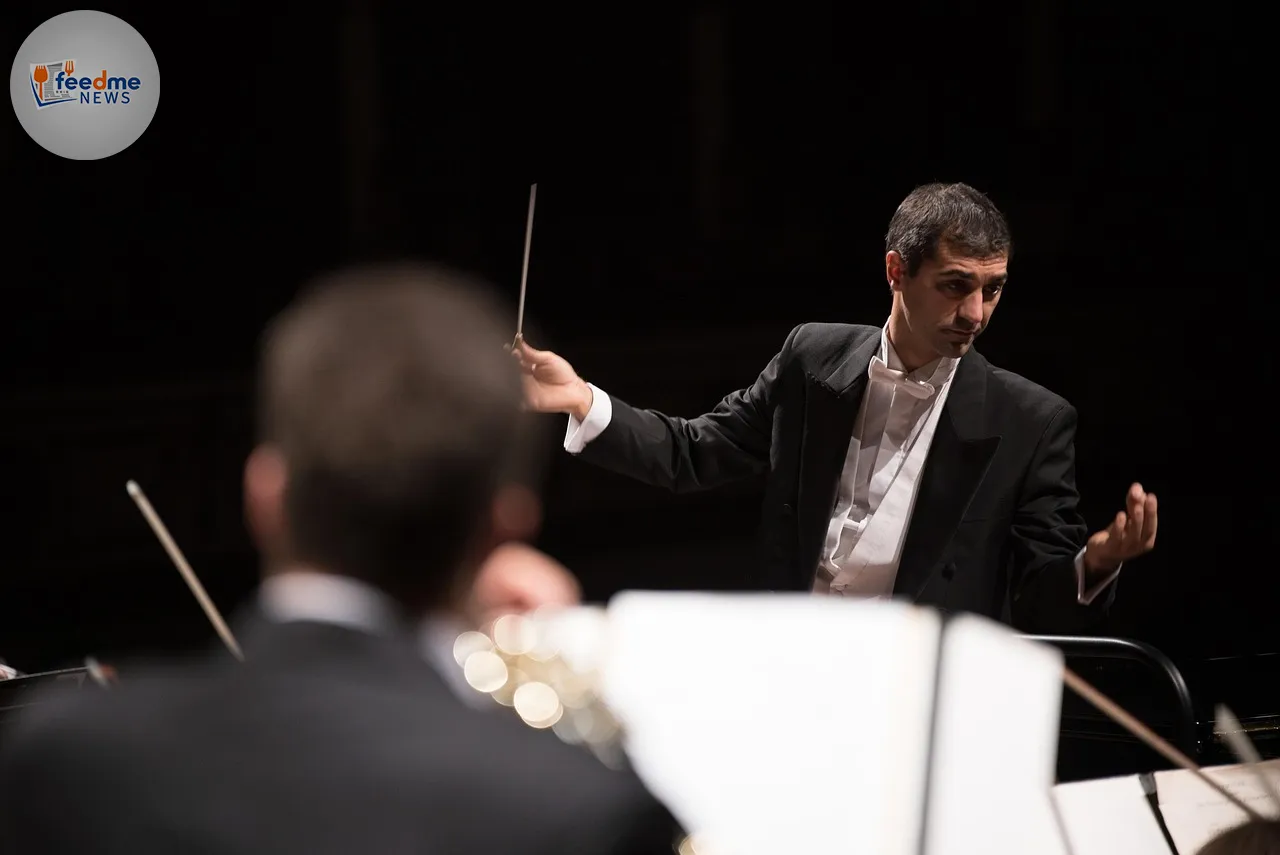Prominent musicians, including Kate Bush and Damon Albarn, have taken an unusual stand against the increasing use of artificial intelligence in the creative industry. They have released a silent album to voice their concerns about the potential exploitation of artists’ work by AI technologies. The album, titled “Silent Voices,” aims to draw attention to the pressing need for legal frameworks that protect artists’ rights in the digital age.
This bold move comes amid growing debates over AI’s role in the arts, with musicians arguing that without proper legal protections, AI could undermine their livelihoods. The silent album serves as a symbolic gesture, highlighting the absence of dialogue and protection for artists in the face of advancing technology.

A Silent Protest Resonates Globally
Released on 25 February 2025, “Silent Voices” quickly captured the public’s attention. The album, available on major streaming platforms, features tracks of silence, each named after a different artist involved in the protest. This innovative approach underscores the message that artists’ voices are being drowned out by the noise of technological advancement.
Musician Damon Albarn, known for his work with bands like Blur and Gorillaz, expressed his concerns, stating, “AI is progressing at a pace that outstrips the law’s ability to keep up. We need to ensure that artists maintain control over their creations.” The silent album aims to spark discussions among policymakers, industry leaders, and the public about the ethical implications of AI in creative fields.
The Growing Influence of AI in Music
Artificial intelligence has made significant inroads into the music industry, with AI-generated compositions becoming increasingly common. While AI offers exciting possibilities for creativity and innovation, many artists fear it could lead to the devaluation of human creativity. AI’s ability to analyse vast amounts of data allows it to mimic and reproduce artistic styles, raising questions about originality and authorship.
Kate Bush, a pioneering figure in music, voiced her concerns about AI’s impact, stating, “The essence of art is human emotion and experience. We can’t let machines dictate what art should be.” Bush’s involvement adds significant weight to the protest, as she calls for a balanced approach that embraces technology while safeguarding artists’ rights.
Legal Challenges and Artists’ Rights
The legal landscape surrounding AI and intellectual property is still evolving. Current laws often fail to address the complexities introduced by AI-generated content, leaving artists vulnerable to exploitation. The silent album initiative seeks to push for legislative changes that provide clearer guidelines on the use of AI in the arts.
Music industry experts have weighed in on the issue, with some suggesting that new copyright laws should be developed to ensure artists receive fair compensation for their work. Legal expert Dr. Emily Carter noted, “The law must evolve to recognise AI’s role in creation and ensure that artists’ contributions are acknowledged and protected.”
Public Reaction and Industry Response
The release of “Silent Voices” has sparked widespread discussion on social media, with many users expressing support for the artists’ cause. The album’s unique approach has resonated with audiences, prompting debates about the future of creativity in an AI-driven world.
Record labels and streaming platforms have responded to the protest, with some expressing willingness to engage in dialogue with artists. A spokesperson for a major streaming service stated, “We are committed to working with artists to address their concerns and ensure that technology benefits everyone involved in the creative process.”
The Road Ahead for Artists and AI
As the silent album continues to generate buzz, the conversation around AI and artists’ rights is expected to intensify. The protest highlights the urgent need for stakeholders to collaborate on developing ethical guidelines and legal frameworks that protect artists while embracing technological advancements.
Looking forward, artists and industry leaders alike are calling for greater transparency and collaboration in the integration of AI into creative processes. The release of “Silent Voices” serves as a powerful reminder of the need to balance innovation with respect for human creativity and intellectual property.
By raising awareness through silence, Kate Bush, Damon Albarn, and their fellow artists have amplified their message, urging society to reflect on the future of art in an increasingly automated world.





